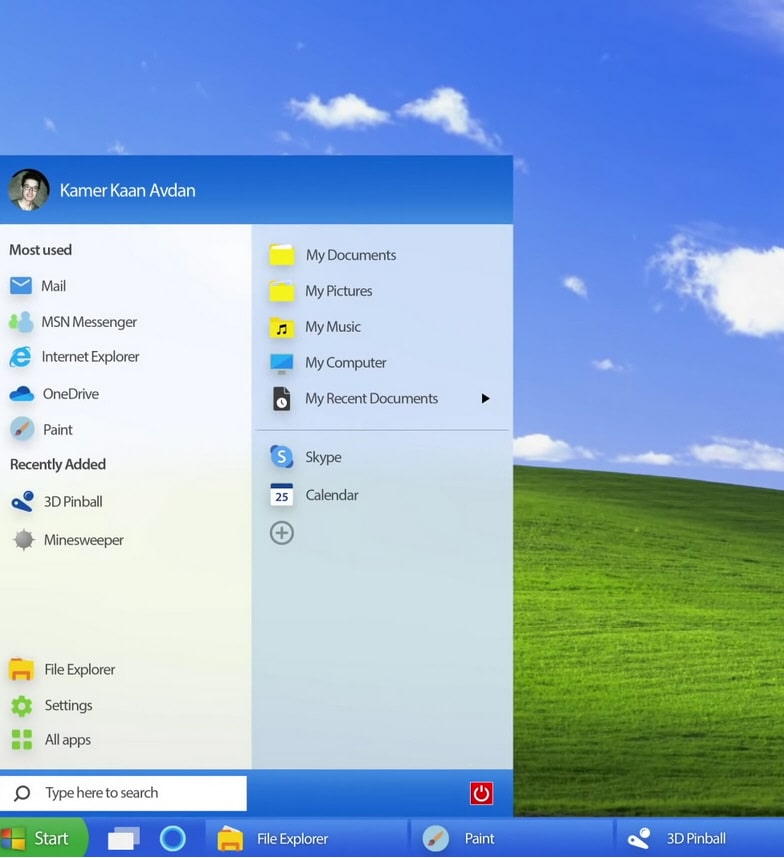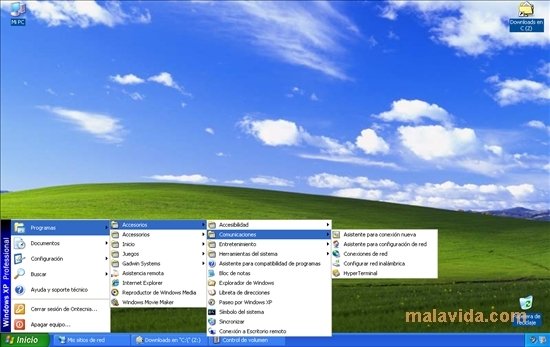

Outlook Express fans might want to consider the Mozilla Thunderbird email client or shifting all email to a Web-based service, such as Gmail or Microsoft's own.


"I would also avoid using Outlook 2003, which will pass away on the same day." "Same thing with an email client," Miller said. "That's your connection to the Internet, and it's your first vector of infection." "Because IE is part of the OS, the day support stops for Windows XP is the day it stops for IE," he said. Both browsers will support XP, and continue to receive patches, beyond April. XP users should switch from Internet Explorer to third-party browsers such as Google Chrome or Mozilla Firefox, Miller said. People who absolutely must use Windows XP for some reason, such as to run specialized software not available for later versions of Windows, or perhaps because they can't afford a new PC, should take several precautionary steps. Many, perhaps most, of those machines won't be discarded or upgraded by April. Still, something between 20 and 30 percent of PCs worldwide were running Windows XP in December 2013. Most consumers usually buy a new operating system when they buy a new PC, he noted - and the last time new PCs running Windows XP were for sale in retail outlets was at least four or five years ago. Roger Kay, principal analyst at Endpoint Technologies Associates, a technology-marketing consultancy in Massachusetts, thinks many consumers won't need to worry about the end of support for Windows XP. Unfortunately, many of those holes will exist in XP too, with the result that malicious hackers will have a Microsoft-drawn treasure map to XP exploitation. Microsoft will be publicizing security holes that get fixed in Windows Vista, 7 and 8. There is really limited protection that people can put into place to protect themselves, because Microsoft won't be patching the browser, Internet Explorer 6, or the OS." "In fact, in some ways, it could likely increase after April. "Nobody really expects that to stop," Miller continued.


 0 kommentar(er)
0 kommentar(er)
